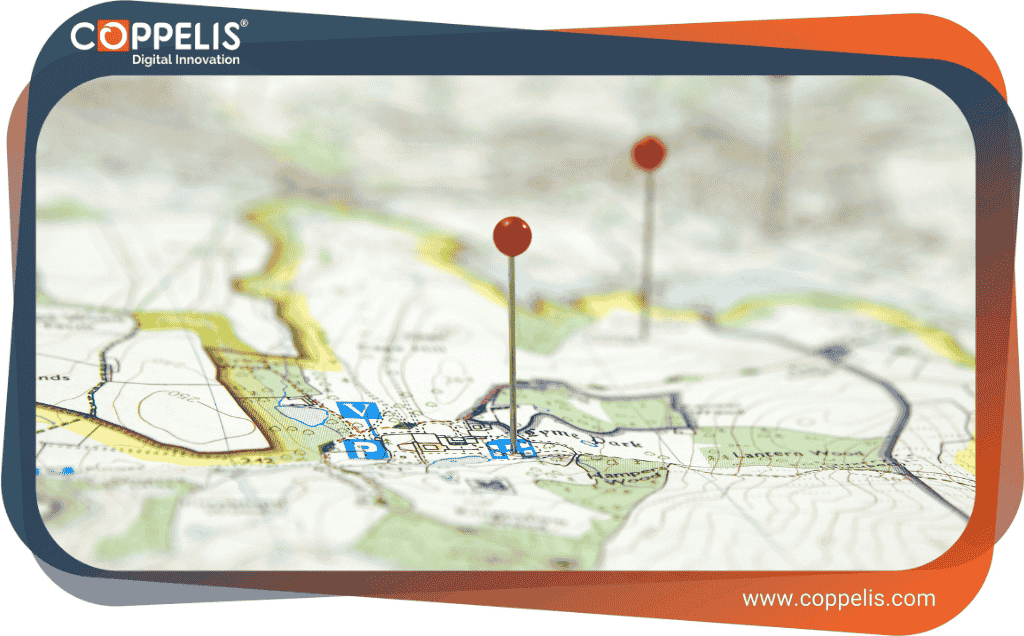Scheduling optimization is indeed crucial to reduce the mileage traveled during field operations.
Reducing the miles traveled by technicians not only lowers operational costs but also contributes to better time management, customer satisfaction, and a reduced environmental impact.
Intelligent Planning: A Performance Lever
Scheduling optimization relies on the use of advanced algorithms and software solutions capable of analyzing and managing real-time data. These tools enable:
Efficient Task Allocation: By assigning tasks based on the geographical location of technicians, unnecessary travel is minimized.
Reduced Travel Time: Technicians can go directly from one job to the next without stopping at the office, improving productivity.
Quick Response to Unexpected Events: In case of cancellations or urgent new tasks, schedules can be adjusted in real time to maximize efficiency.
The Impact of New Technologies
New technologies play a crucial role in scheduling optimization. Here are some innovations that are revolutionizing field service management:
Artificial Intelligence (AI) and Machine Learning: These technologies predict service needs and optimize routes based on historical data and current conditions, reducing unnecessary travel.
Real-Time Geolocation: With integrated GPS, managers can track technicians’ positions in real time, allowing for more effective task allocation and increased responsiveness to unexpected events.
Mobile Applications: Technicians can access schedules and job information directly from their smartphones, facilitating communication and real-time task updates.
Integrated Management Platforms: These solutions centralize all data and provide an overview of operations, facilitating quick and informed decision-making.
Benefits of Optimized Management
Cost Reduction: Fewer miles traveled translates to significant savings on fuel and vehicle maintenance costs.
Improved Customer Satisfaction: Customers benefit from shorter response times and more reliable service.
Reduced Environmental Impact: Less travel contributes to lower CO2 emissions, aligning the company with sustainability goals.
Technician Well-Being: Better-organized schedules reduce the stress and fatigue associated with constant travel.
Scheduling optimization is not just a management tool; it is a powerful performance lever for service companies. By reducing miles traveled, it allows for significant savings, improved service quality, and a reduced environmental footprint.
To discover how our solution can transform your field service management, contact Coppelis today.


